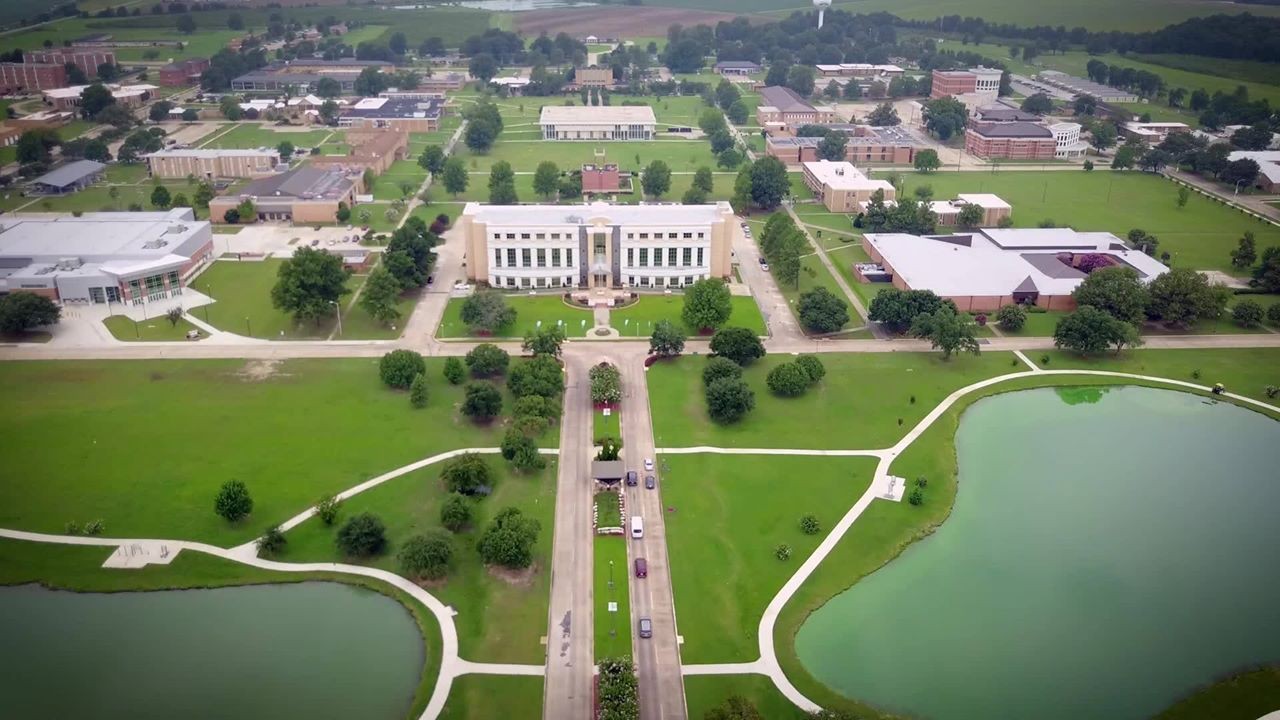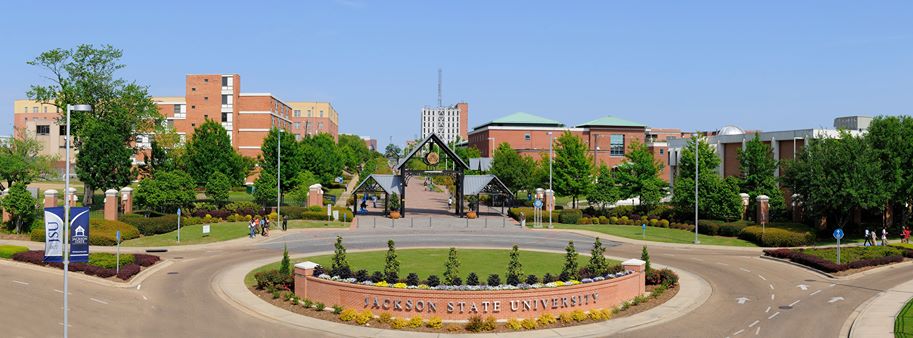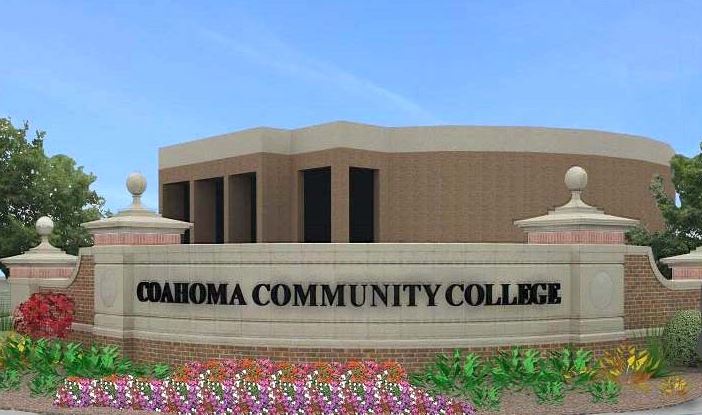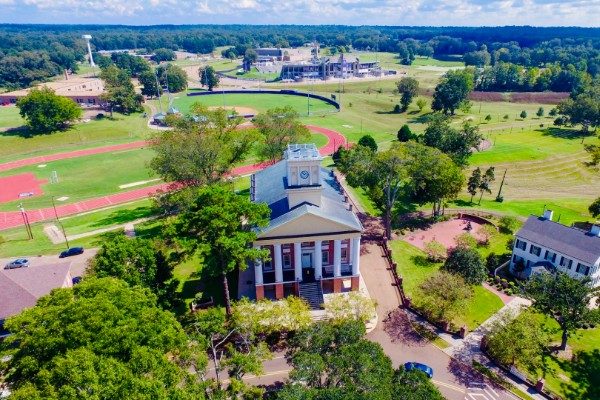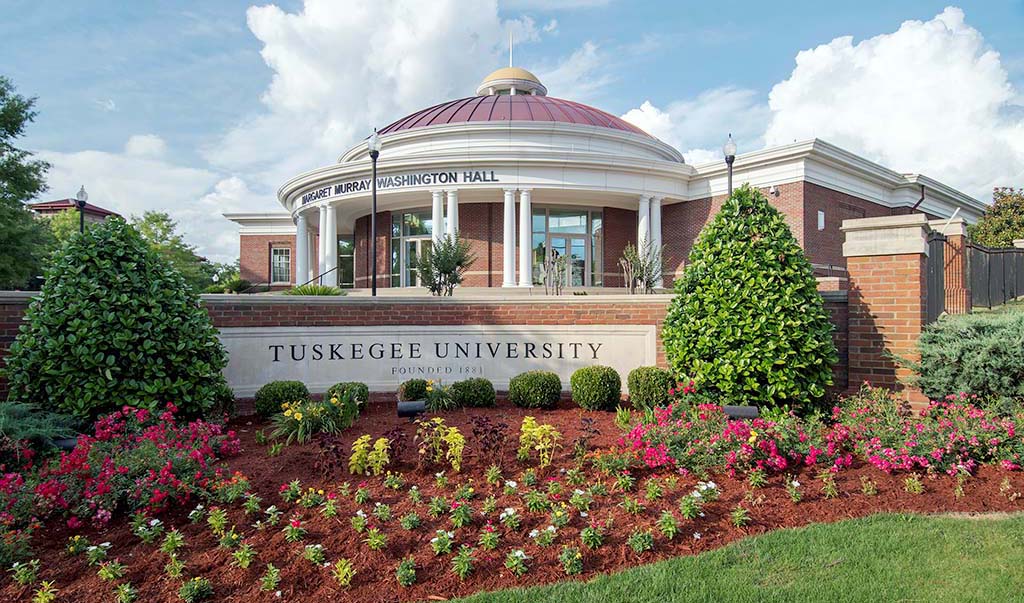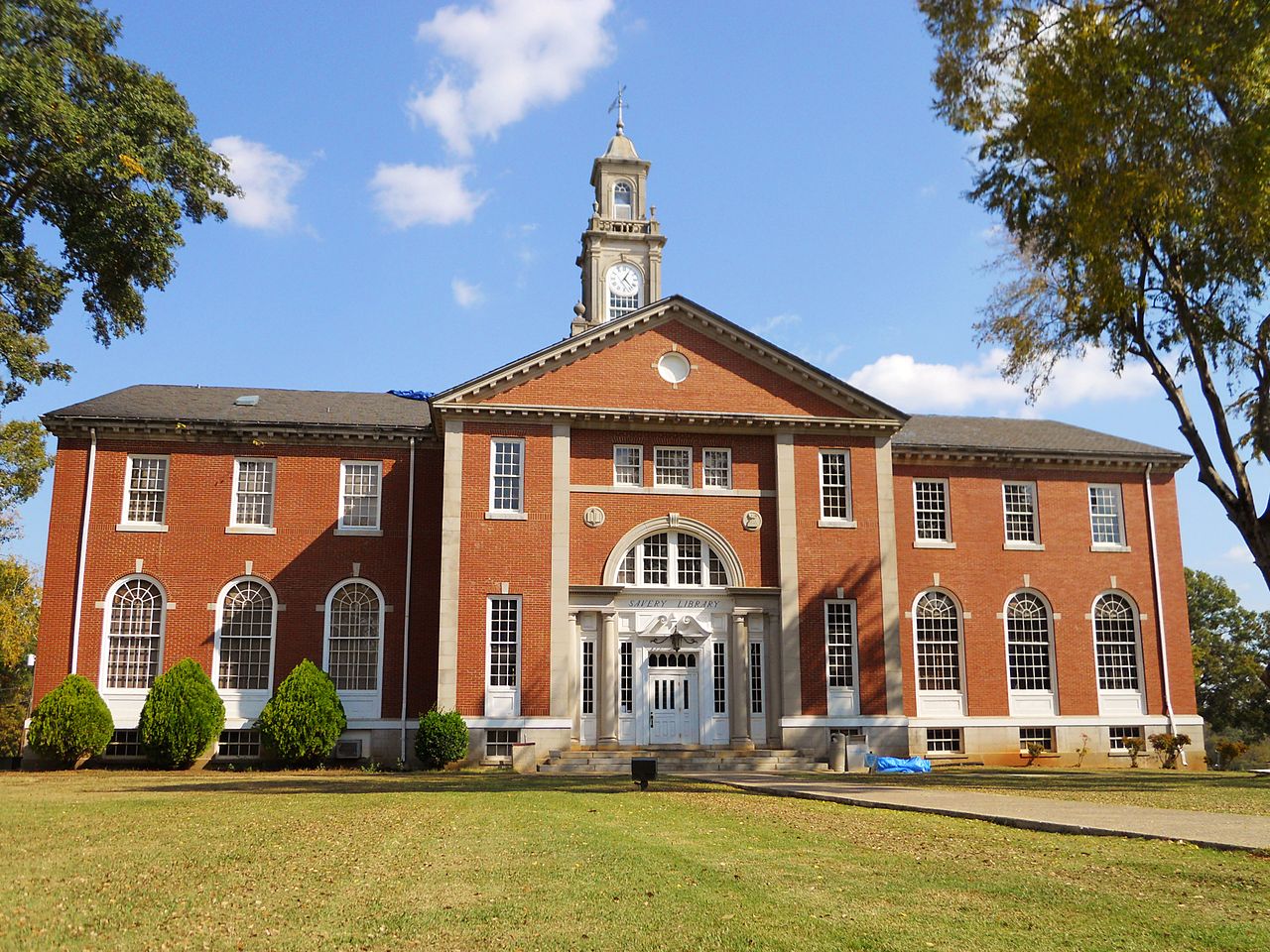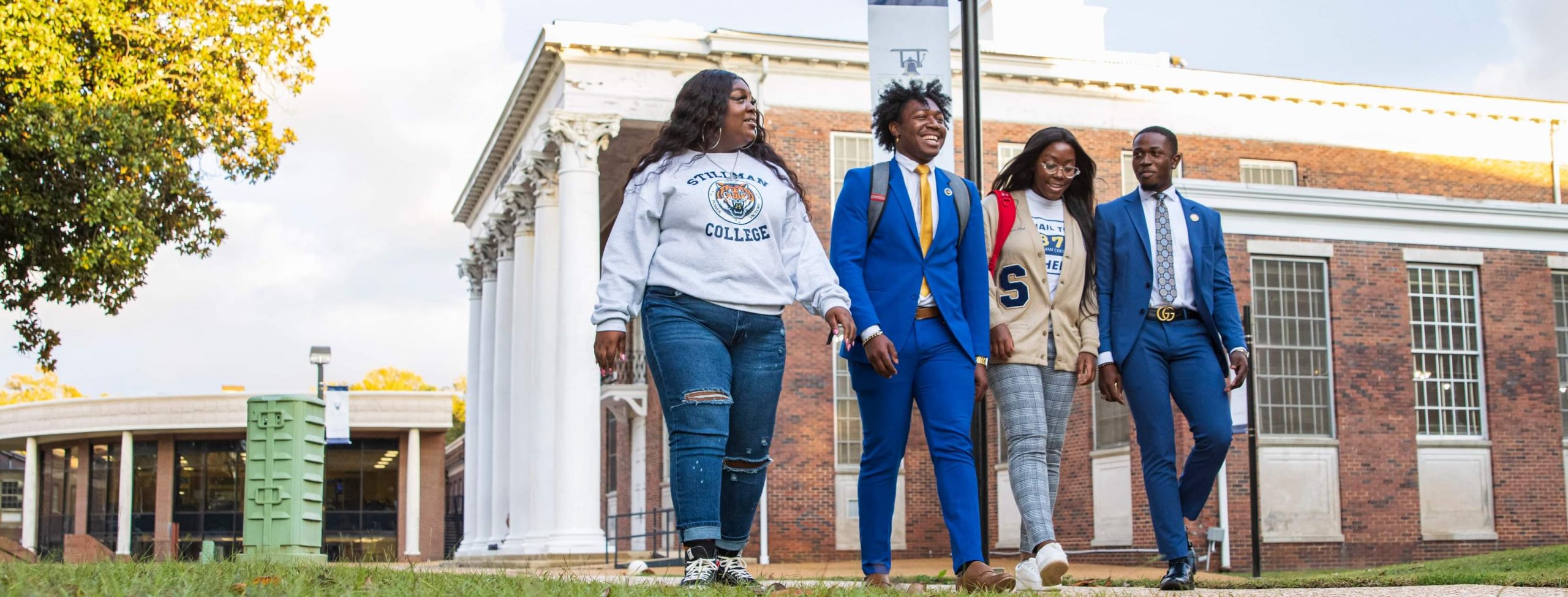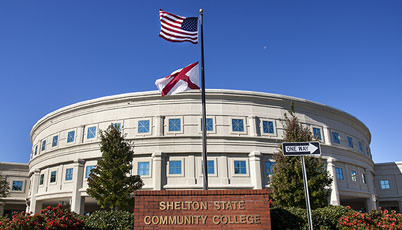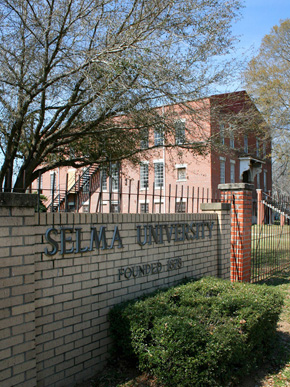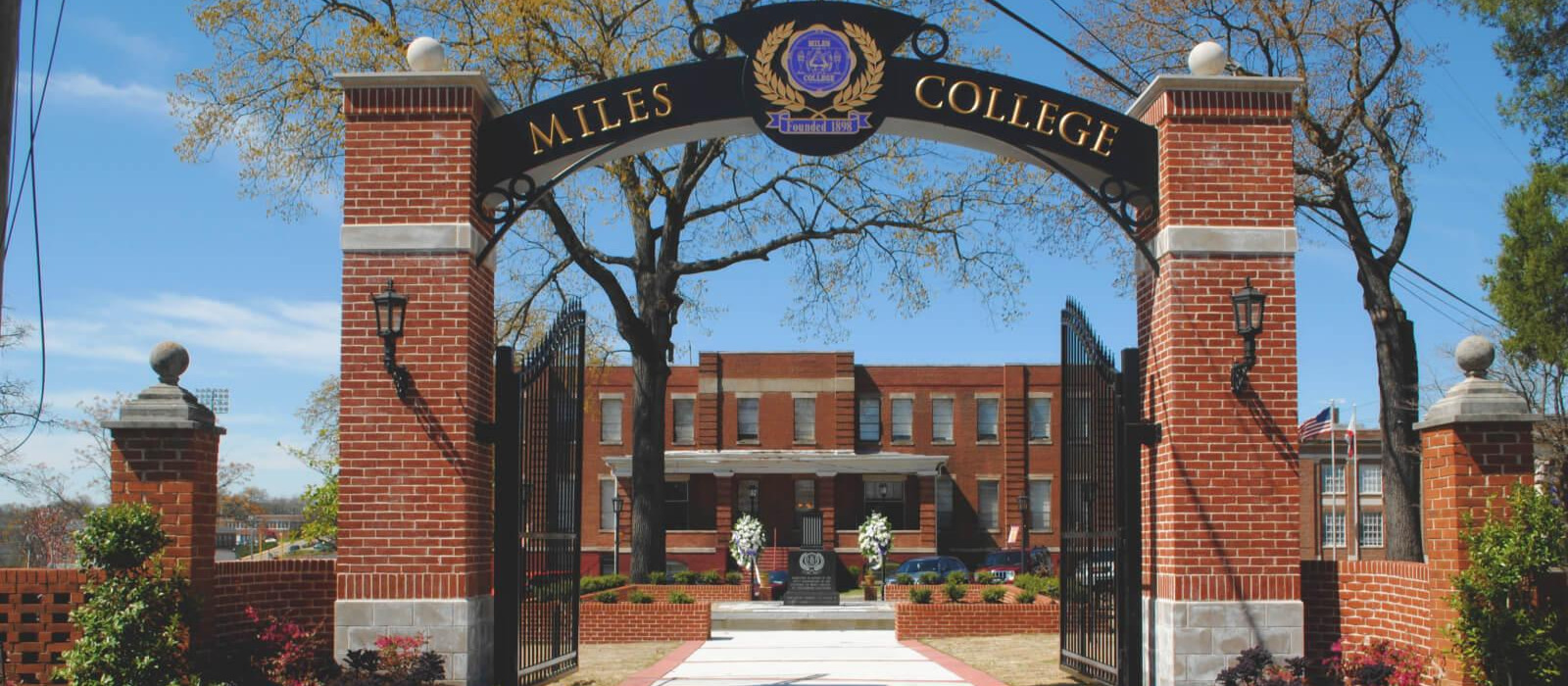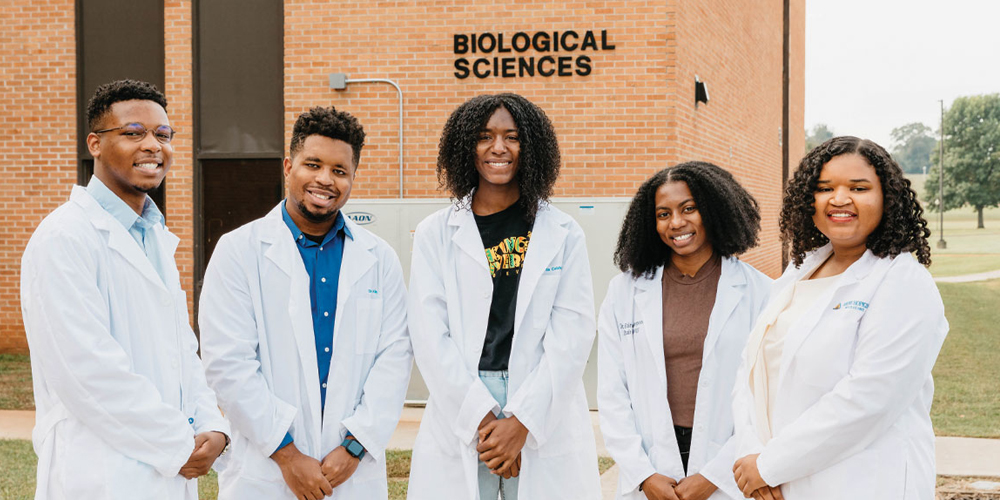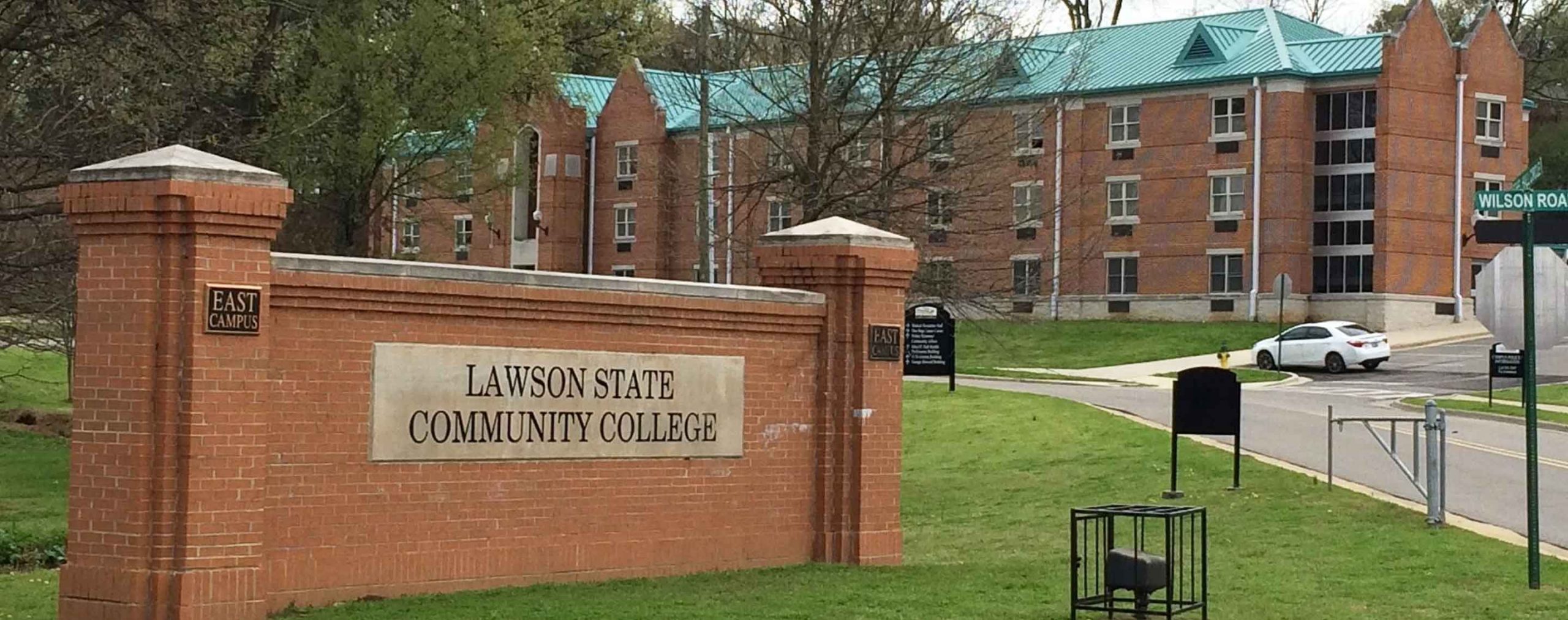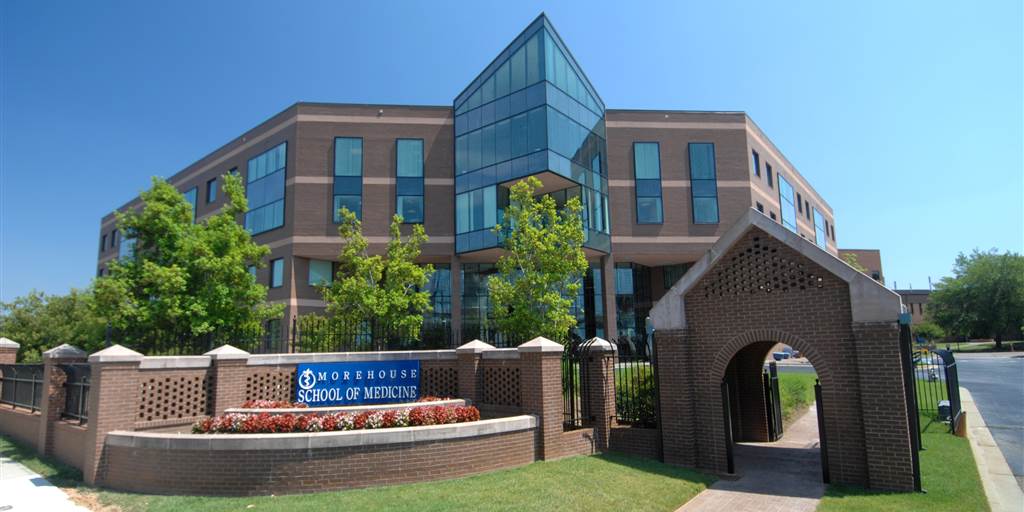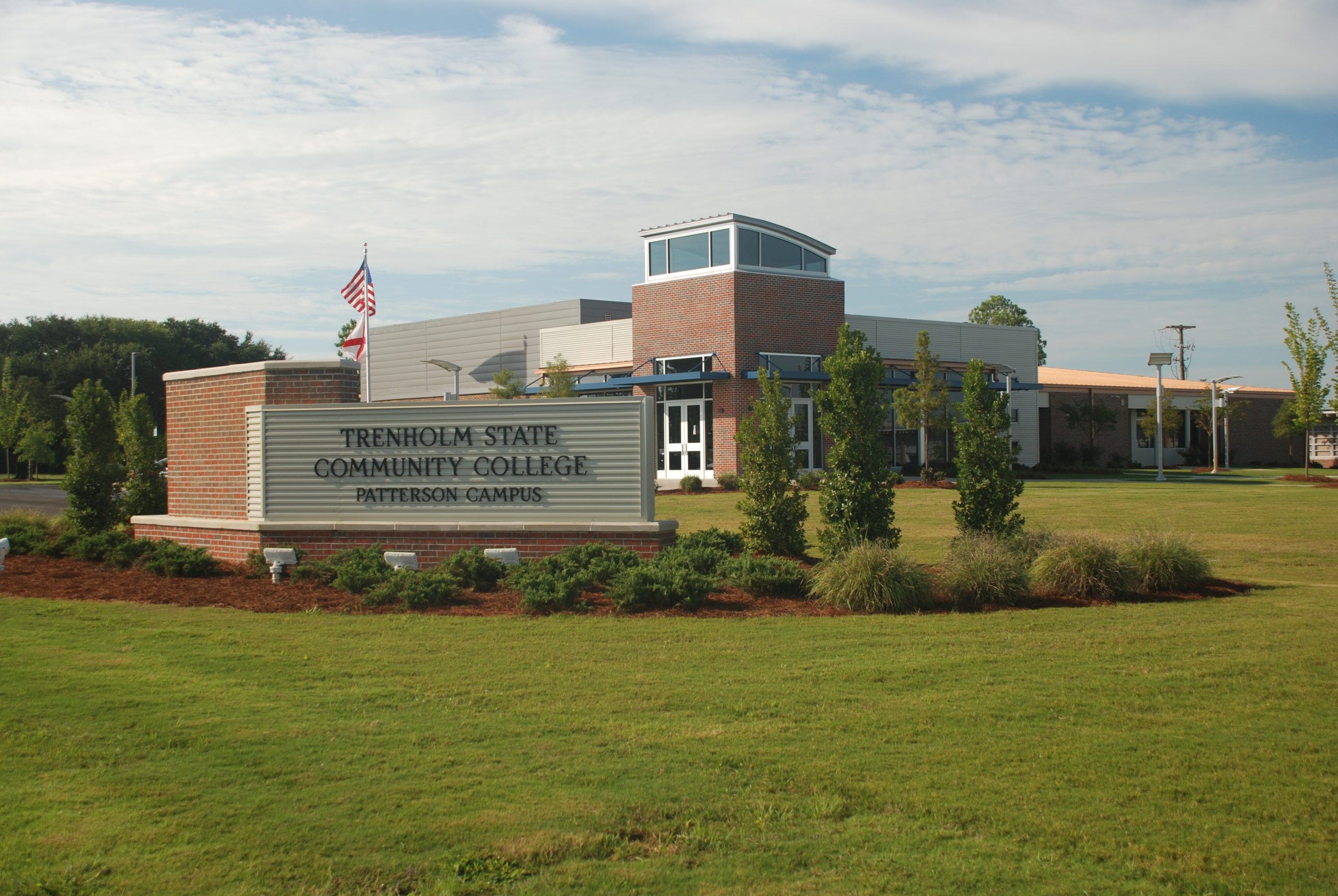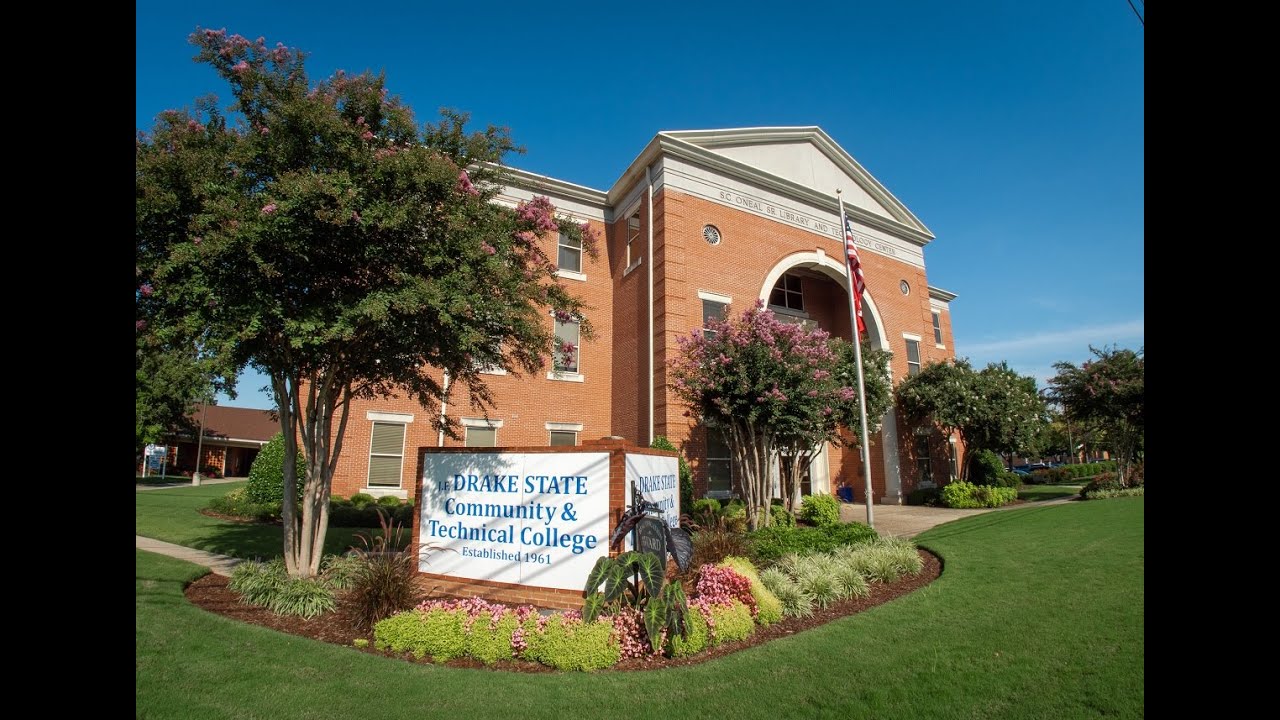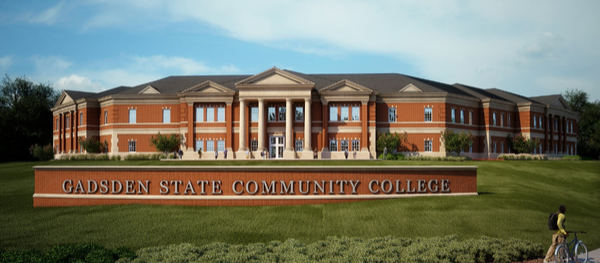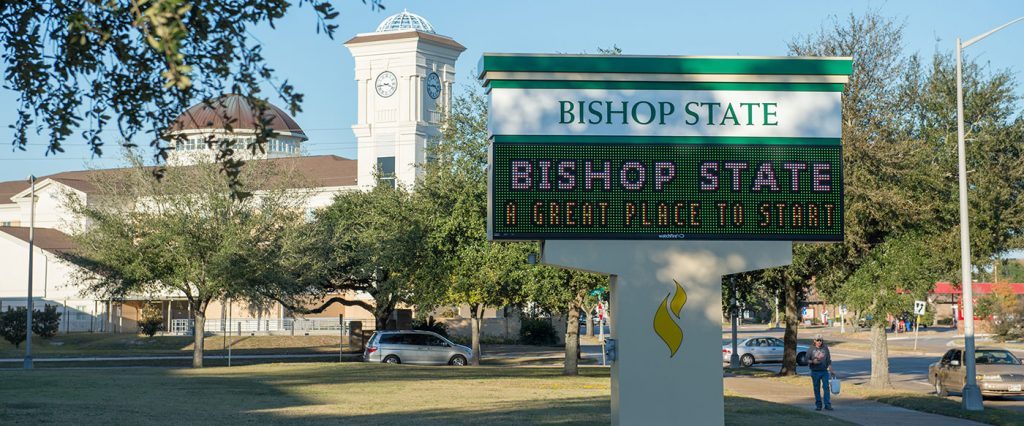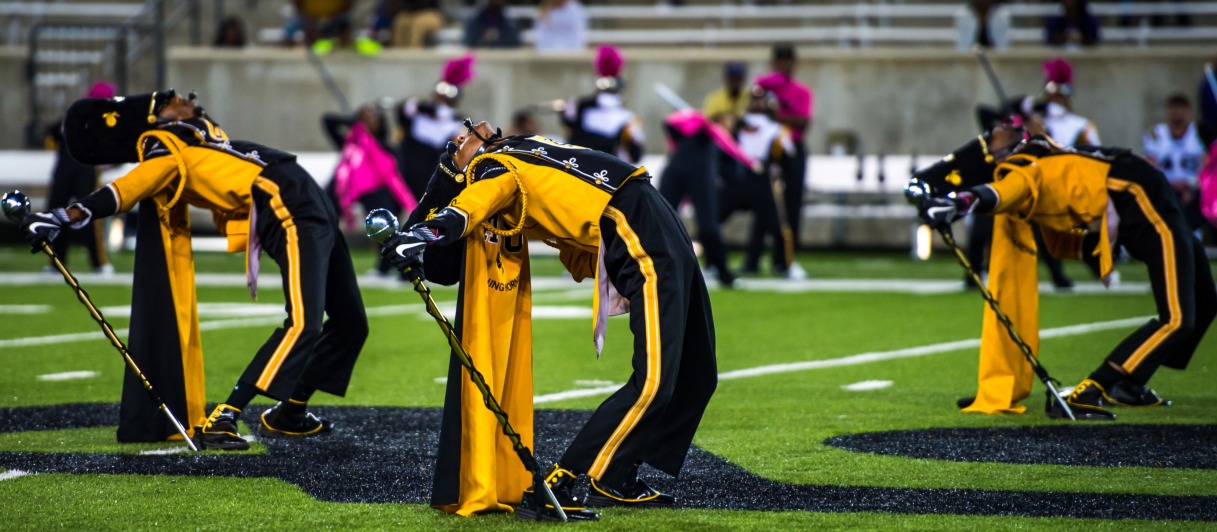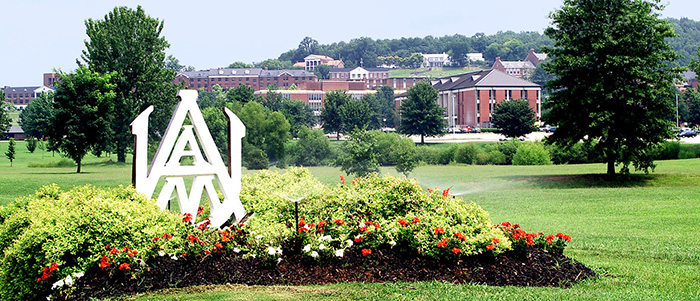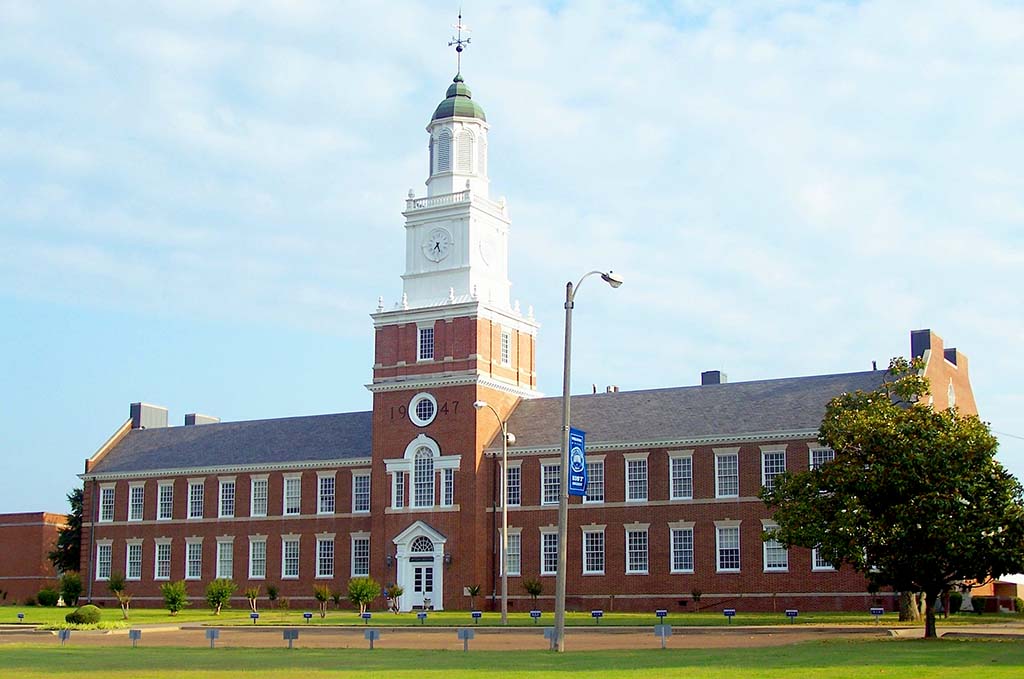
Explore HBCU – Rust College
Rust College is a private, historically black college located in Holly Springs, Mississippi.
Background
Established in 1866 by the Freedman’s Aid Society of the Methodist Episcopal Church, missionaries from the northern United States opened a school in Asbury Methodist Episcopal Church that would accept adults of all ages and children for instruction in elementary subjects.
In 1870, the school was chartered as Shaw University in honor of the Reverend S.O. Shaw who donated $10,000 to the institution. In the years after, the name was changed from Shaw University to Rust University in order to avoid confusion with another Shaw University, simultaneously a tribute to Richard S. Rust who was the Secretary of the Freedman’s Aid Society. The name was again changed to its present namesake of Rust College in 1915. As students progressed and the curriculum was expanded, the grade school was discontinued in 1930 and the high school in 1953.
Programs & Opportunities
Rust College offers targeted baccalaureate and two-year degree programs, with twenty bachelor degree offerings and two associate degrees. Spanning the major areas of study within Rust College’s division of Business, Education, Humanities, Science and Mathematics, and Social Sciences, there are many course routes of study available.
In order to promote an inclusive community along with the development of leadership, critical thinking, and self-advocacy, Rust College employs the use of an interconnected Student Service initiative that provides programs and extracurricular activities.
Learn more about programs offered at Rust College here.
Alumni Affairs
At Rust College, students prepare for careers while studying in an environment that nurtures academic and personal development inside and outside of the classroom.
Some notable alumni of Rust College include, but are not limited to:
- Dr. Leslie B. McLemore, civil rights activist, attended Rust College to study economics and social science.
- Anita Ward, Grammy-nominated artist and 2019 National Black College Alumni Hall of Fame Entertainment inductee, received a Bachelor of Arts in psychology from Rust College.
- Dembo M. Badjie, retired Gambian civil servant and diplomat, studied Political Science and Economics at Rust College.
Financial Information
At Rust College, tuition for an academic year is an estimated $9,900 for full-time students, with room & board for on-campus housing totaling to an approximated $4,300 per academic year. Tuition overload per credit hour is $421 per hour, while part-time students are similarly charged $421 per credit hour.
Financial aid opportunities offered through Rust College seek to make academic enrollment more likely, the motto being “If you meet the criteria to attend Rust College, we’ll help you find a way to pay for it!”
Conclusion
Rust College comprises students, faculty, and staff dedicated to a successful college experience. Quality programs offered in business, education, humanities, science and math, and social science culminate in the advancement of a student body dedicated to leadership and service.
Learn more about Rust College here.
Sources:
- https://www.findmyhbcu.org/school/rust-college/
- https://www.rustcollege.edu/about-rust-college/history/
- https://www.rustcollege.edu/about-rust-college/academics/
- https://www.facebook.com/museumofmshistory/photos/dr-leslie-b-mclemore-enrolled-at-rust-college-to-study-economics-and-social-scie/2064317760282913/
- https://www.mississippi-umc.org/blogdetail/209369
- https://www.blackpast.org/african-american-history/people-african-american-history/anita-ward-1956/#:~:text=Ward%20began%20singing%20early%20in,classical%20and%20gospel%20music%20training.
- https://www.youtube.com/watch?v=1quSooNNulQ
- https://hyperleap.com/topic/Dembo_M._Badjie
- https://www.rustcollege.edu/current-students/
- https://www.rustcollege.edu/prospective-students/financial-aid/
Pictures:
- Rust College Logo: https://www.rustcollege.edu/
- Rust College Historical Marker: https://www.hmdb.org/m.asp?m=116163
- Rust College Administration Building: https://mississippitoday.org/2022/02/10/we-are-undeterred-how-mississippis-oldest-hbcu-responded-to-the-bomb-threats/

